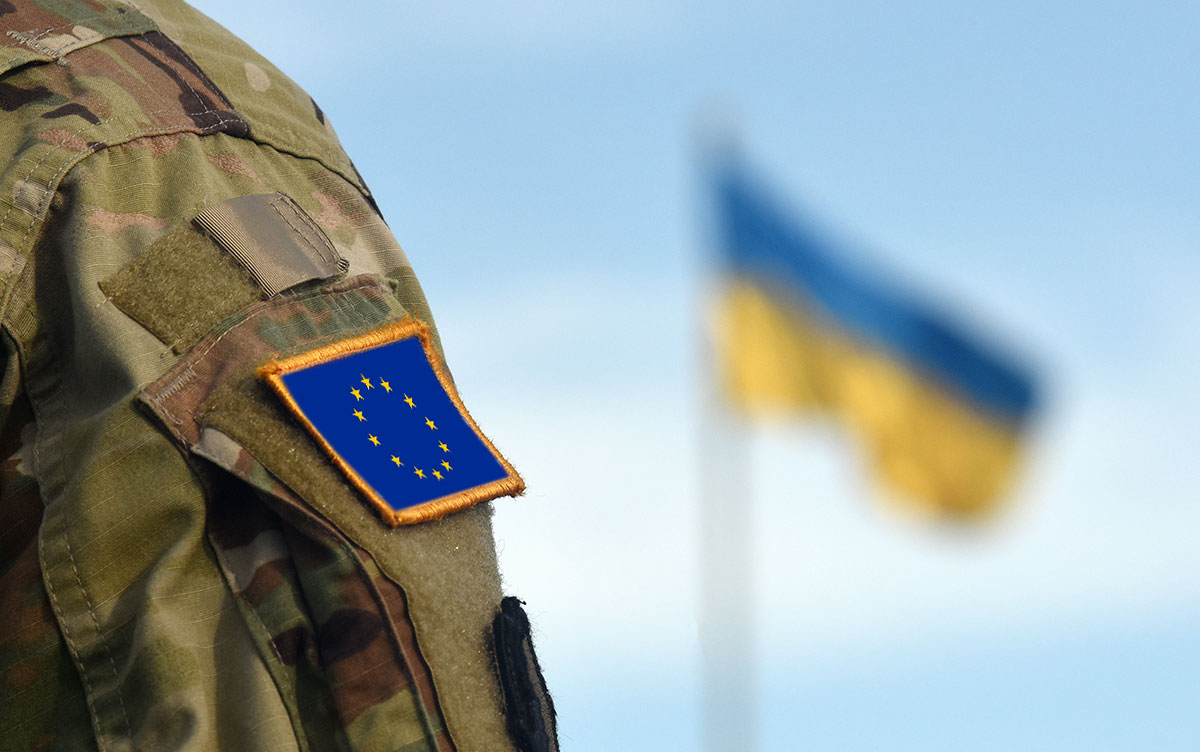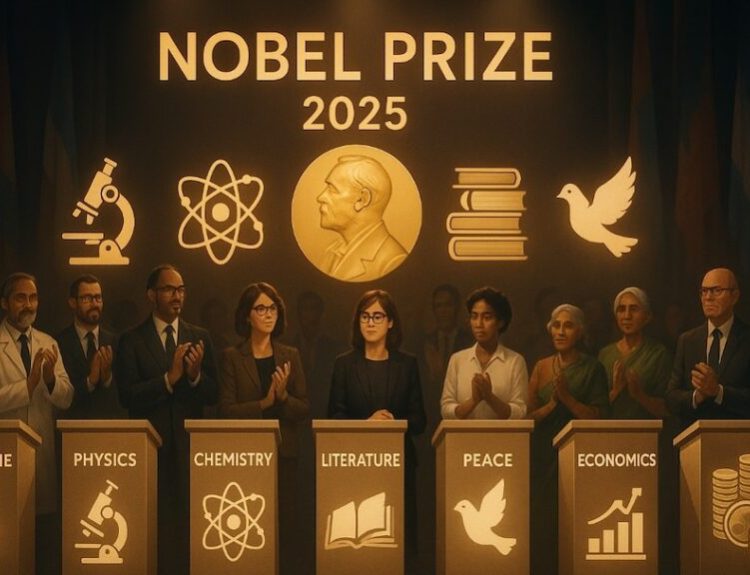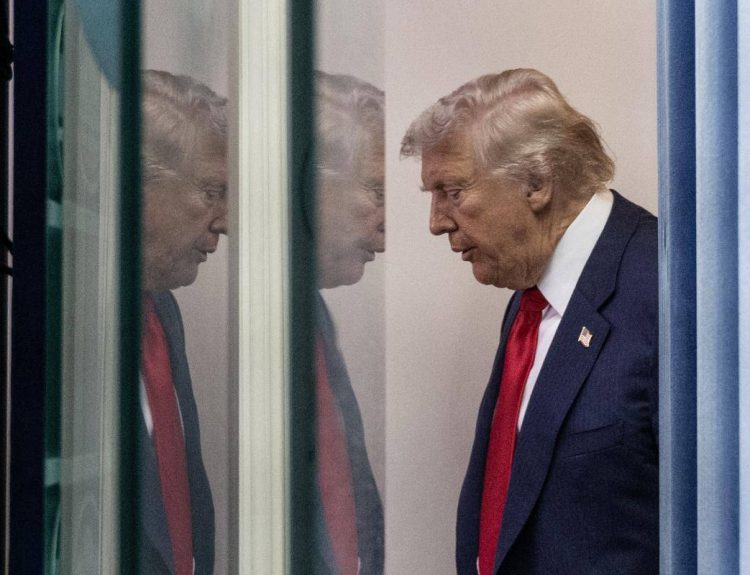European Union officials have unveiled plans to deploy a peacekeeping force to Ukraine, signaling a potential escalation in international involvement in the ongoing conflict. The initiative reflects the EU’s determination to support stability in the region, protect civilian populations, and uphold the principles of international diplomacy.
The proposed mission would involve strategically stationed troops aimed at monitoring ceasefires, facilitating humanitarian aid, and providing a stabilizing presence in contested areas. European leaders have emphasized that this effort is intended not as a military intervention, but as a demonstration of solidarity with Ukraine and a commitment to safeguarding peace in Europe.
However, Russia has formally rejected the proposals, framing the peacekeeping initiative as interference in its strategic interests. Moscow claims that such actions undermine negotiations and accuse Ukraine and its allies of obstructing meaningful dialogue. This diplomatic pushback highlights the delicate balance of power, where every move on the international stage carries profound implications for regional and global security.
Analysts suggest that the EU’s plan is not only a response to the immediate humanitarian crisis but also a strategic assertion of influence, demonstrating Europe’s willingness to act decisively in moments of geopolitical uncertainty. The peacekeeping proposal may also serve as a signal to the global community that collective European action can shape outcomes, even in protracted conflicts.
For Ukraine, the potential EU presence represents hope for protection and reinforcement, a visible affirmation that international stakeholders are invested in the country’s sovereignty. For Russia, it is a reminder of the diplomatic pressures and scrutiny the world can impose when national actions conflict with broader stability and peace norms.
As discussions progress, all eyes remain on Brussels, Kyiv, and Moscow, with the world watching closely how this complex balance between diplomacy, strategy, and humanitarian responsibility will unfold. The EU’s peacekeeping plan, whether realized or delayed, underscores the increasingly interconnected nature of modern conflicts, where global power, negotiation, and human security intersect in high-stakes fashion.



